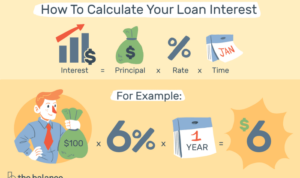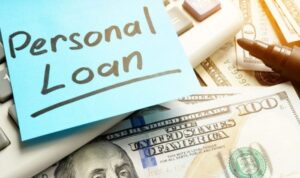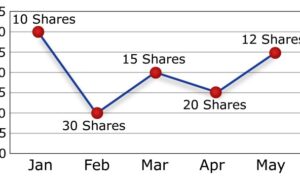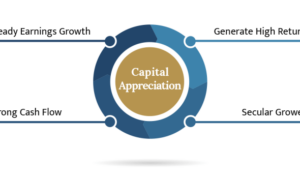Yo, listen up! We’re about to dive into the world of avoiding bad debt, a crucial topic that can make or break your financial game. Get ready for some real talk and solid tips to keep your pockets full and debt-free.
Now, let’s break it down for you – starting with understanding bad debt and its impact on your financial life.
Understand the concept of bad debt
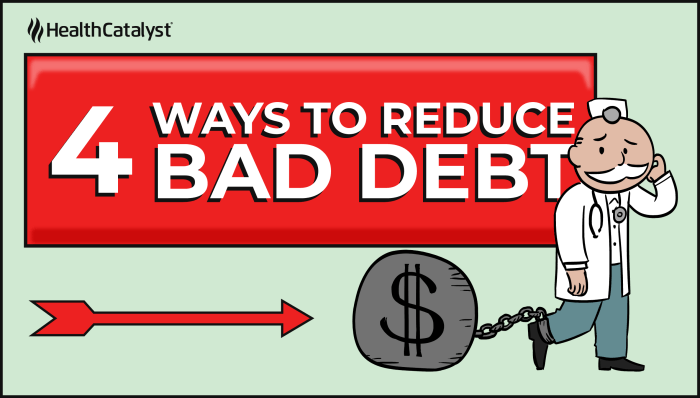
Bad debt is essentially money that is owed to a person or business that is unlikely to be paid back. This type of debt can have serious financial implications for both individuals and businesses, leading to loss of income and financial instability.
Implications of Bad Debt
- Decreased cash flow: Bad debt can result in a decrease in available cash flow, making it difficult to cover expenses or invest in growth opportunities.
- Damage to credit score: Unpaid debts can negatively impact credit scores, making it harder to secure loans or credit in the future.
- Legal action: In severe cases, businesses may have to resort to legal action to recover bad debts, resulting in additional costs and resources.
Common Causes of Bad Debt
- Extended credit terms: Offering excessively long payment terms can increase the risk of bad debt as customers may delay or default on payments.
- Poor credit checks: Failing to properly assess the creditworthiness of customers before extending credit can lead to bad debt situations.
- Economic downturns: During economic downturns, customers may struggle to pay their debts, resulting in an increase in bad debt for businesses.
Establish a budget and financial plan
To avoid bad debt, it is crucial to establish a budget and financial plan. This will help you track your expenses, prioritize your spending, and ensure you are living within your means.
Creating a Realistic Budget
Creating a realistic budget involves determining your income, listing all your expenses, and allocating funds for savings and emergencies. Here are some tips to help you create a practical budget:
- Track your expenses: Keep a record of all your spending for at least a month to identify patterns and areas where you can cut back.
- Set financial goals: Determine what you want to achieve financially, whether it’s saving for a vacation, paying off debt, or building an emergency fund.
- Differentiate between needs and wants: Prioritize essential expenses like rent, utilities, and groceries before allocating money for discretionary purchases.
- Adjust as needed: Be flexible with your budget and make adjustments when necessary to accommodate unexpected expenses or changes in income.
Sticking to a Budget
Sticking to a budget is essential to avoid accumulating bad debt. It requires discipline and commitment to following your financial plan. Here are some strategies to help you stay on track:
- Set spending limits: Determine how much you can afford to spend in each category and avoid exceeding these limits.
- Avoid impulse purchases: Think twice before making unplanned purchases and consider if it aligns with your financial goals.
- Use cash or debit cards: Limit the use of credit cards to prevent overspending and accumulating debt.
- Review your budget regularly: Monitor your expenses and income regularly to ensure you are staying on course with your financial plan.
Managing Expenses Effectively
Managing expenses effectively is key to maintaining a healthy financial situation and avoiding bad debt. Consider the following strategies to help you manage your expenses efficiently:
- Shop smart: Look for deals, use coupons, and compare prices to save money on purchases.
- Avoid unnecessary expenses: Cut back on non-essential items and prioritize spending on essentials.
- Plan for large expenses: Anticipate big purchases and save up for them in advance to avoid relying on credit.
- Seek financial guidance: Consider consulting a financial advisor or counselor for assistance in managing your finances and making informed decisions.
Build an emergency fund
Building an emergency fund is crucial in preventing bad debt as it serves as a financial safety net for unexpected expenses or emergencies that may arise. By having an emergency fund in place, you can avoid relying on credit cards or loans to cover unforeseen costs, thus preventing the accumulation of debt.
Importance of an emergency fund
An emergency fund provides a sense of financial security and peace of mind, knowing that you have funds set aside for unexpected situations. It helps you avoid going into debt when faced with emergencies like medical bills, car repairs, or job loss. Without an emergency fund, you may be forced to borrow money at high interest rates, leading to a cycle of debt.
- Start by setting a goal: Determine how much you want to save in your emergency fund, typically recommended to cover 3 to 6 months’ worth of living expenses.
- Automate your savings: Set up automatic transfers from your checking account to a separate savings account dedicated to your emergency fund.
- Cut back on expenses: Look for areas where you can reduce spending to free up more money to contribute to your emergency fund.
- Consistently contribute: Make it a habit to regularly add to your emergency fund, even if it’s a small amount, to gradually build it over time.
Remember, an emergency fund is not meant for discretionary spending but for true emergencies only.
Use credit cards wisely
When it comes to using credit cards, it’s crucial to be responsible and mindful of your spending habits. By following some best practices, you can leverage the benefits of credit cards without falling into the trap of accumulating debt.
Make timely payments
One of the most important aspects of using credit cards wisely is to make timely payments on your balances. By paying off your credit card bill in full each month, you can avoid accruing high interest charges and falling into debt.
Monitor your spending
It’s essential to keep track of your credit card spending to ensure you stay within your budget. Set a limit for yourself and resist the temptation to overspend. Regularly reviewing your credit card statements can help you identify any unnecessary expenses and adjust your habits accordingly.
Take advantage of rewards programs
Many credit cards offer rewards programs that can provide benefits such as cashback, travel miles, or discounts on purchases. By using your credit card for everyday expenses and paying off the balance in full each month, you can take advantage of these rewards without accumulating debt.
Monitor your credit score and report
Regularly monitoring your credit score is crucial for staying on top of your financial health. Your credit score is a numerical representation of your creditworthiness, and it plays a significant role in your ability to borrow money and manage debt effectively.
Significance of monitoring credit score regularly
- Allows you to spot errors or fraudulent activity on your credit report
- Helps you track your progress in improving your credit score
- Gives you a better understanding of how lenders view your creditworthiness
How credit score impacts borrowing and potential debt
- A higher credit score can qualify you for better loan terms and lower interest rates
- A lower credit score may result in higher interest rates or difficulty in getting approved for loans
- Your credit score can determine your ability to secure a mortgage, car loan, or credit card
Tips on improving and maintaining a healthy credit score
- Pay your bills on time to establish a positive payment history
- Keep your credit card balances low and avoid maxing out your credit limits
- Avoid opening multiple new credit accounts at once
- Regularly review your credit report for accuracy and dispute any errors
- Consider using credit monitoring services to stay informed about changes to your credit report

